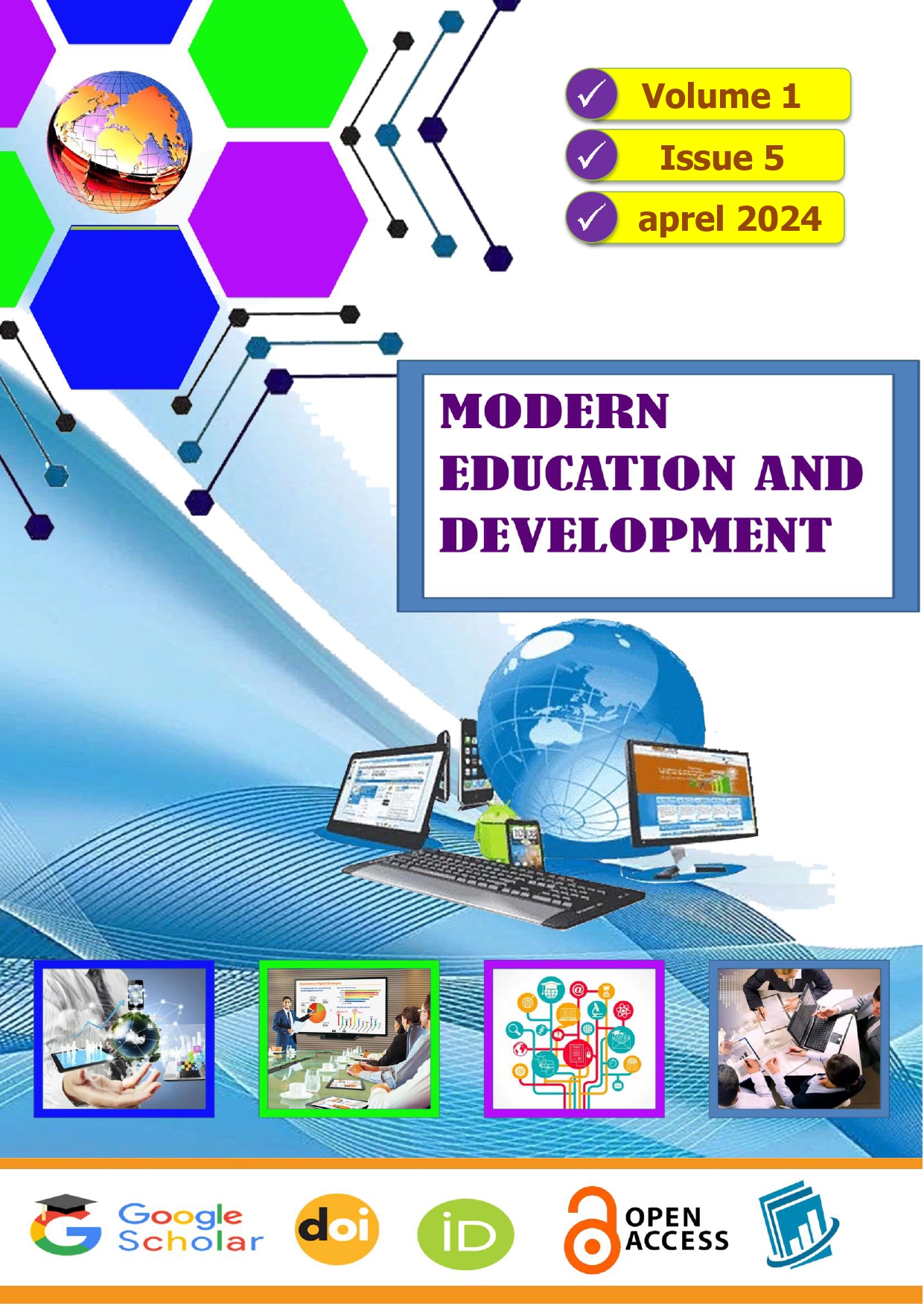LINGUOCULTUROLOGICAL ANALYSIS OF RIDDLES IN ENGLISH AND UZBEK
Keywords:
riddles, genre, folklore, rhyming, dynamism, approach, conceptAbstract
This article explores the linguistic and cultural dimensions of riddles in English and Uzbek languages through the lens of linguoculturology. Riddles are not only a form of entertainment but also serve as a reflection of the cultural values, beliefs, and linguistic intricacies of a society. Riddles are a significant part of folk oral literature, consisting of questions or tasks in poetic or prose form that involve finding hidden features of objects or events. They are closely tied to people's lives, beliefs, and desire to understand the world, often presented in rhymes with a hidden answer. In contrast, puzzles are a distinct genre of speech with different characteristics and metrics, becoming part of popular culture. By conducting a comparative analysis, this study aims to uncover similarities and differences between English and Uzbek riddles, shedding light on how language and culture intertwine in these traditional forms of expression.

